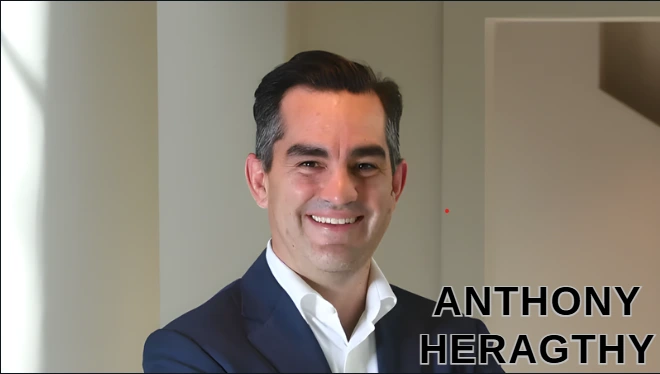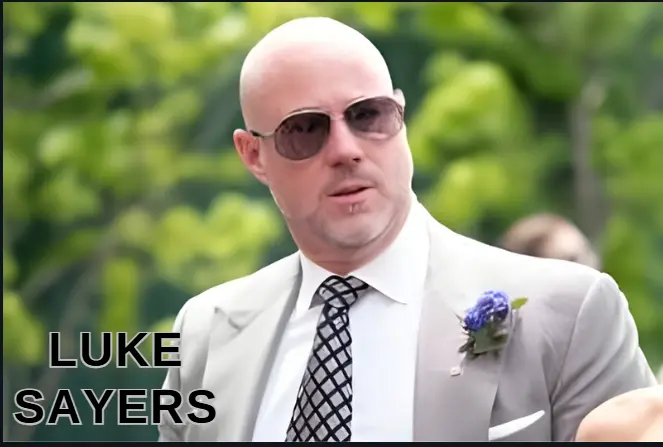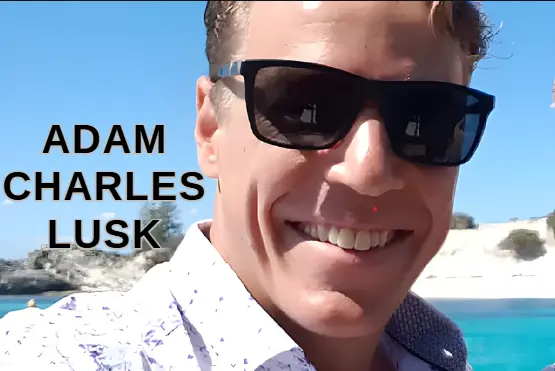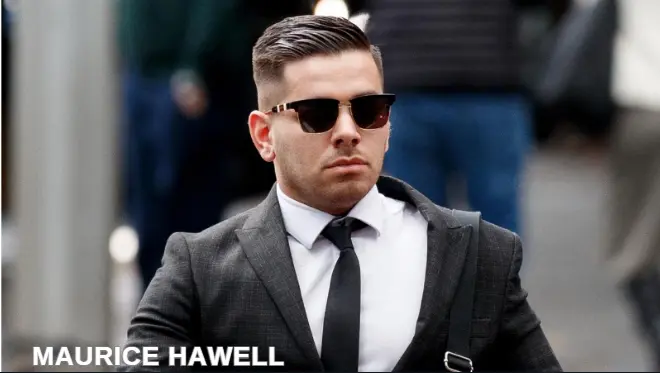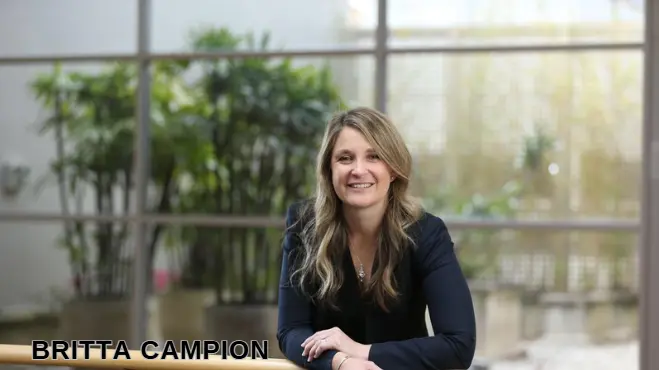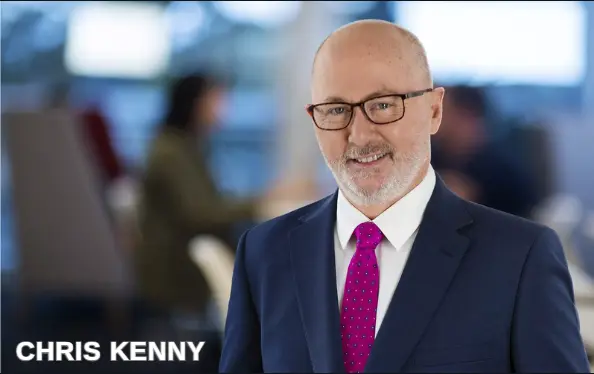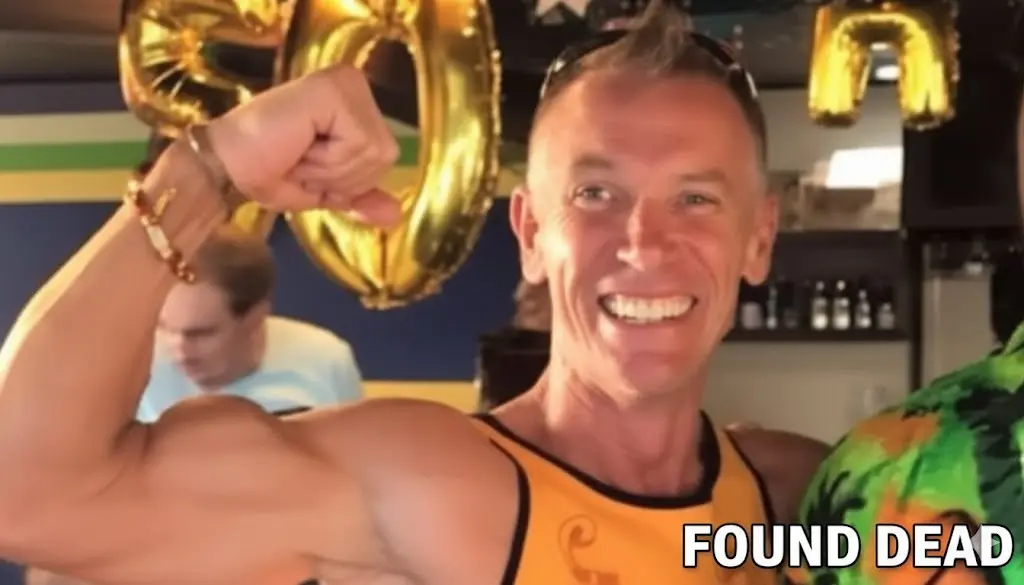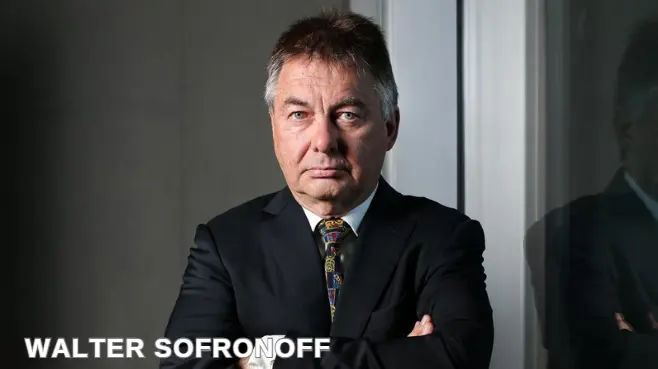Walter Sofronoff KC is a great figure in Australian legal history with a long, illustrious career, but as of late, his career has been marred by some very serious allegations of corrupt conduct. The son of Russian refugee parents (his father a Cossack who was forced to flee Siberia on horseback in the 1930s), Sofronoff has been able to climb the ladder despite his humble origins to one of the most respected lawyers in Queensland. However, his role in the high-profile Bruce Lehrmann investigation has exposed him to the limelight for a reason that is far different from his years of judicial perfection.
This detailed profile examines the life, career and controversies of Walter Sofronoff KC, describing the most popular queries about the multifaceted Australian law figure.
Early Life and Educational Background
As a son of a Russian-speaking family, Sofronoff learned English only after he started attending school, speaking Russian at home and Cantonese in Hong Kong, where his family spent a few years. The story of his father is an escape from tyranny, which significantly explained to Sofronoff the meaning of the rule of law. His father had been familiar, as he later saw it, with “order under tyranny”, but the other form of order, as he found it in Australia, was the rule of law.
Sofronoff completed a Bachelor of Arts and Bachelor of Laws (Honours) in 1976 at the University of Queensland. In 1977, he became a barrister of the Supreme Court of Queensland and began practice the next year. These scholastic accomplishments formed the basis and foundations of an outstanding career as a lawyer over a forty-year period.
How Old Is Walter Sofronoff? Date of Birth and Age
Although the date of Sofronoff’s birth is not publicly available, he left the university in 1976, indicating that he was born in the mid-1950s, meaning that he will be about 70 years old by 2025. In May 2022, at the usual retirement age of judicial officers, he retired from his post as President of the Queensland Court of Appeal.
A Stellar Career at the Bar and Beyond
Appointment as Queen’s Counsel
In 1988, only ten years after taking the bar, Sofronoff was nominated Queen’s (now King’s) Counsel, a feat which is a measure of his great legal talents. His practice was as wide as commercial litigation, criminal litigation, constitutional litigation and public litigation.
Solicitor-General of Queensland (2005-2014)
Between 2005 and 2014, Sofronoff was the Solicitor-General of Queensland and arbitrated on behalf of the state in many high-profile cases. His greatest accomplishment was possibly in 2016 when he was successful in leading an appeal in the High Court that overturned a ruling to downgrade the murder conviction of Gerard Baden-Clay to manslaughter. Amazingly, he billed this work to the Queensland government at a meagre price of $327 plus GST, which is less than half the usual cost of a barrister of his calibre, which is around $17000 a day.
President of the Queensland Court of Appeal (2017-2022)
Sofronoff became President of the Queensland Court of Appeal, the second-highest court in Queensland, in 2017. He worked in this role for five years, then retired in May 2022. Queensland Attorney-General Shannon Fentiman commended him as “a brilliant legal mind and a person of exceptional character and integrity”.
Major Inquiries and Reviews
In his career, Sofronoff headed some of the most important public inquiries:
Grantham Floods Commission of Inquiry (2015)
Sofronoff was appointed in May 2015 to investigate the disastrous floods at Grantham that had claimed 12 lives and destroyed more than 50 properties in 2011. His report of 200 pages came to the conclusion that the Grantham quarry played an “insignificant role”, and that “the flood was a natural disaster, and no human agency was the cause and could possibly control the disaster”.
Queensland Parole System Review (2016)
In 2016, Sofronoff carried out an extensive study of the parole system in Queensland and came up with 91 recommendations. The Queensland Government adopted 89 of these recommendations, making a commitment of $265 million within six years to make the reforms that will reduce the cases of reoffending as well as increase community safety.
Commission of Inquiry into Forensic DNA Testing in Queensland (2022)
This investigation, under the leadership of Sofronoff after his retirement from the bench, revealed various abnormalities that had thwarted justice in the criminal cases over a long period of time.
The Bruce Lehrmann Inquiry: From Prestige to Controversy
Background of the Inquiry
In December 2022, Sofronoff was named the head of the ACT Board of Inquiry into the Criminal Justice System, which looked into the events leading to the aborted prosecution of Bruce Lehrmann, who was charged with sexually assaulting Brittany Higgins in Parliament House in 2019. The case was dismissed without a verdict on appeal to the court on misconduct by the jury, and the then-Director of Public Prosecutions, Shane Drumgold, refused to retry the case.
The investigation by Sofronoff made damaging evidence against Drumgold, such as that he had “knowingly lied” to the court, acted in a “grossly unethical” fashion and was no longer objective. This would, however, be undermined and later rendered invalid in a court of law.
The Janet Albrechtsen Controversy
What started as an honourable investigation degenerated into a scandal after it was revealed that Sofronoff had been in regular contact with a journalist of The Australian newspaper, Janet Albrechtsen, at the time of the investigation. It was shown to be 273 contacts between the two, of which 51 were phone calls lasting more than six hours. Sofronoff gave Albrechtsen confidential information, such as witness statements, drafts of the report on the inquiry and suggested adverse results.
The most controversial was that Sofronoff forwarded a copy of his final report to Albrechtsen on 31 July 2023, the same day as he submitted it to ACT Chief Minister Andrew Barr and before it was publicly published. Two days later, he submitted a copy to a journalist at ABC, Elizabeth Byrne. Prior to the official release of the report by the ACT government, The Australian published the information on 2 August 2023.
Findings of Serious Corrupt Conduct
ACT Supreme Court Ruling
Shane Drumgold took Sofronoff and his report to the ACT Supreme Court in a judicial review action. The jurisdictional error, as determined by the cases of Sofronoff and Albrechtsen, by Acting Justice Kay, was that the communications between them created a reasonable concern over bias and therefore the “adverse findings against Drumgold were legally invalid”.
ACT Integrity Commission Investigation (Operation Juno)
Subsequently, based on the Supreme Court decision, the ACT Integrity Commission initiated Operation Juno to examine the behaviour of Sofronoff. On 19 March 2025, the Commission published its report, which found that Sofronoff had carried out a case of “serious corrupt conduct”.
The Commission found that Sofronoff’s actions include:
- Violated the Inquiries Act 1991 by revealing confidential information.
- Hypocritically suppressed these revelations.
- Official functions were not carried out in an unbiased manner.
- It created a fear of losing public trust in the procedures and verdicts of an inquiry.
- Denied Drumgold natural justice in a way that was predictable as well as irreparable.
The Commission dismissed the idea by Sofronoff that he reported to the journalists to aid them in comprehending the content of the report and report it correctly as “fanciful”.
Federal Court Appeal
The findings of the Integrity Commission have been challenged in a Federal Court case by Sofronoff. His attorneys point out that the fact that he revealed his materials was not forbidden because the law gave him the right to investigate and carry out the inquiry in such a manner that “he deemed it suitable”, and that the conclusions he made that he was acting in dishonesty or in bad faith were simply not practically reasonable and had no foundation.
The Commission has also brought up the question of the parliamentary privilege that its report of the investigation, tabled in the ACT Legislative Assembly, is “a proceeding in Parliament”, and thus it cannot be challenged in court. This preliminary issue was heard in May 2025, and it has possible consequences for integrity and anti-corruption bodies in Australia.
Personal Life: Wife, Family, and Hobbies
Sofronoff has a wife, 3 children, and a daughter-in-law.. Other than the law, he has other various interests and gifts. He drives Ferraris, flies Tiger Moth aircraft, writes film scripts, plays drums and guitar, and plays the “Rolling Stones”. His interest in motorsports saw him become a judge in the Court of Appeal of the Federation Internationale de l’Automobile, the international body of motorsport.
The Plane Crash Incident
In 2014, as Solicitor-General of Queensland, Sofronoff was involved in a light aircraft crash in which his Tiger Moth biplane nose-dived and crashed. He walked off the incident miraculously “without a scratch”, and this shows the same strength that has defined his career in the law.
Legacy and Current Status
After retiring from the bench, Sofronoff returned to practising in May 2022 in Brisbane in the fields of mediation, arbitration, and advisory at Murray Gleeson Chambers. He also sits on the Forensic Science Queensland Interim Advisory board as Co-Chair and on the Supercars Court of Appeal Board as the Chair in Australia.
The corruption findings have, however, tainted his legacy to a large extent. Shane Rattenbury, the former ACT Attorney-General, “expressed his disappointment” that what Sofronoff did was “a betrayal of trust to the community”. The scandal has cast a dark cloud on the judicial ethics, media affiliations and the merits of open investigations.
What Does the Future Hold?
In October 2025, the Federal Court appeal brought by Sofronoff was pending. Not only his own reputation but also perhaps the establishment of significant precedents on the subject of parliamentary privilege and the reviewability of the findings of the integrity commission will be determined by the outcome. ACT Policing has been consulting with other concerned parties to question the possibility of pursuing any offences.
Conclusion
The career path of Walter Sofronoff KC, the son of refugees, to one of the most respected judges in Australia, is the symbol of both the power and instability of reputation in public life. His input in the legal system in Queensland, especially in his great inquiries and reforms, is unquestionable. However, these achievements have been put in a long shadow following the discovery of serious corrupt activity during the Bruce Lehrmann inquiry.
To Australians seeking answers regarding Walter Sofronoff, the tale is an incredible achievement with the big failure of ethics. The question of whether or not he will be able to appeal the findings of the corruption and have his image reclaimed is one of the most searched legal stories in Australia currently.
